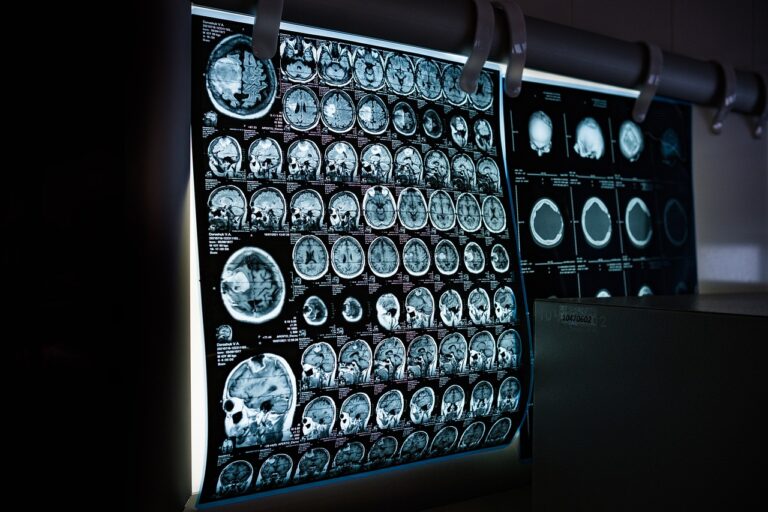AlzForum.com: When people come to their doctor with memory problems, they tend to want to know if Alzheimer’s is to blame and, if so, what they can expect. Answering these questions with a degree of certainty is a tall order, and many view amyloid-PET scans and fluid biomarkers as the best options, when available. However, subtle signs of atrophy lurking within routine MRI scans might also foretell AD (Alzheimer’s Disease) —and artificial intelligence might help pick them out… The FDA approved BrainSee, an AI-driven software platform that uses MRI data, along with scores from routine cognitive tests, to predict the likelihood that a person with mild cognitive impairment will develop AD dementia within five years. Developed by San Francisco-based Darmiyan, BrainSee purportedly detects subtle brain shrinkage patterns that correlate with future AD. More on AlzForum.com.
How Does BrainSee Work?
BrainSee is the first clinical application of Darmiyan’s patented core proprietary technology that is based on 40+ years of cutting-edge brain science, powered by advanced whole-brain image analysis and medical AI. It is a highly-scalable and fully-automated software platform that combines standard clinical brain MRI and cognitive assessments – part of the routine, non-invasive workup of patients concerned with memory loss – and generates an objective score that predicts the likelihood of progression from aMCI to Alzheimer’s dementia within 5 years. BrainSee addresses a critical unmet need for over 10 million Americans and over 100 million patients worldwide grappling with aMCI. With an aging global population, the socio-economic impact of BrainSee is expected to grow rapidly and exponentially.
“Our vision is to redefine brain health screening and monitoring standards and impact the lives of patients and their family members in a meaningful way. BrainSee is the first product of this vision, backed by our solid technological infrastructure that is capable of driving further transformations and scalable innovations in the brain health landscape,” stated Dr. Padideh Kamali-Zare, Founder and CEO of Darmiyan.
Replaces Patient’s Anxiety with Proactive Management
Early screening and risk stratification by BrainSee enables timely and personalized treatments for those aMCI patients at high risk of progression to Alzheimer’s dementia, aiming to delay dementia onset, while reassuring those at lower risk of progression, hence reducing the need for costly and invasive tests and the heavy burdens of financial and emotional abuse. This shifts the patient experience from prolonged anxiety to proactive management, which is crucial in an era of emerging Alzheimer’s treatments where accurate prognosis can help determine suitable treatment candidates. The economic impact of BrainSee will be significant for all stakeholders in healthcare, promising to reduce the billions of dollars annually spent on Alzheimer’s care, through more effective management and treatment.
Non-invasive and Actionable Forecasts
BrainSee stands out for its prognostic accuracy, patient convenience, same-day test results and seamless integration into the clinical workflow. Global availability of MRI significantly enhances BrainSee’s clinical utility. Most notably, BrainSee shifts the paradigm in aMCI workup from biomarker-based methods that have limited real-world capabilities due to their invasiveness, non-specificity, cost, and inaccessibility, to non-invasive and actionable forecasts of future improvement or progression.
BrainSee’s FDA approval means the platform is now available to physicians via a secure and HIPAA-compliant web portal.












This is very encouraging! Early diagnosis and early treatment often results in reversal of cognitive decline. Fingers crossed that Darmiyan will provide some guidance for fixing the problems rather than referring to a neurologist that tells them there is nothing you can do.